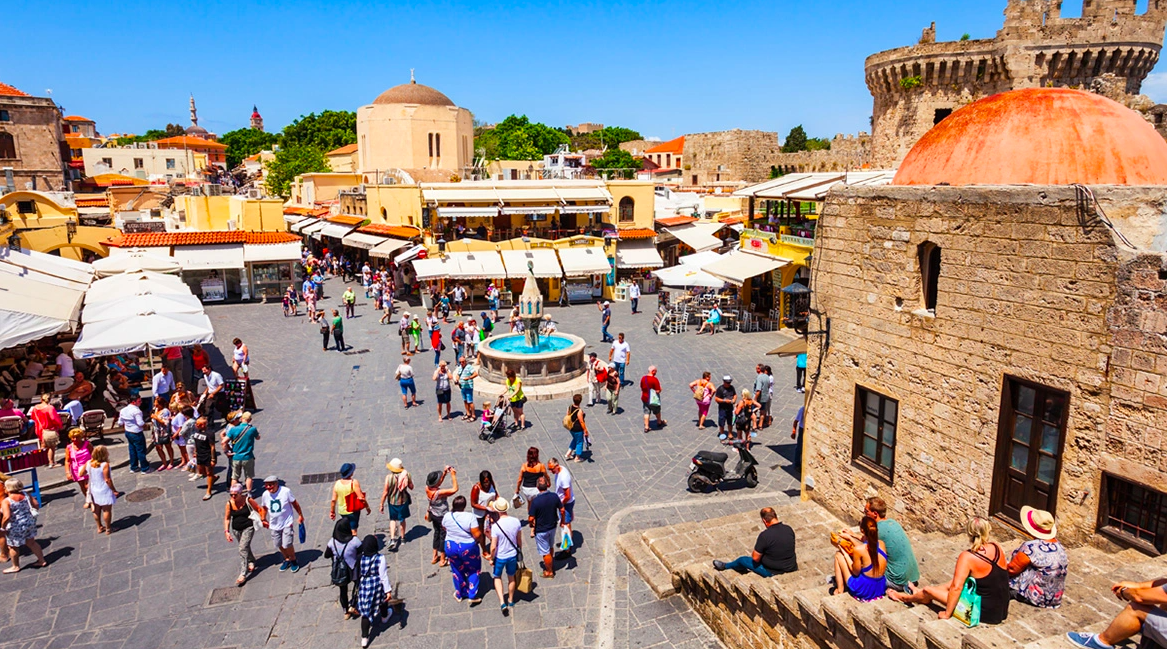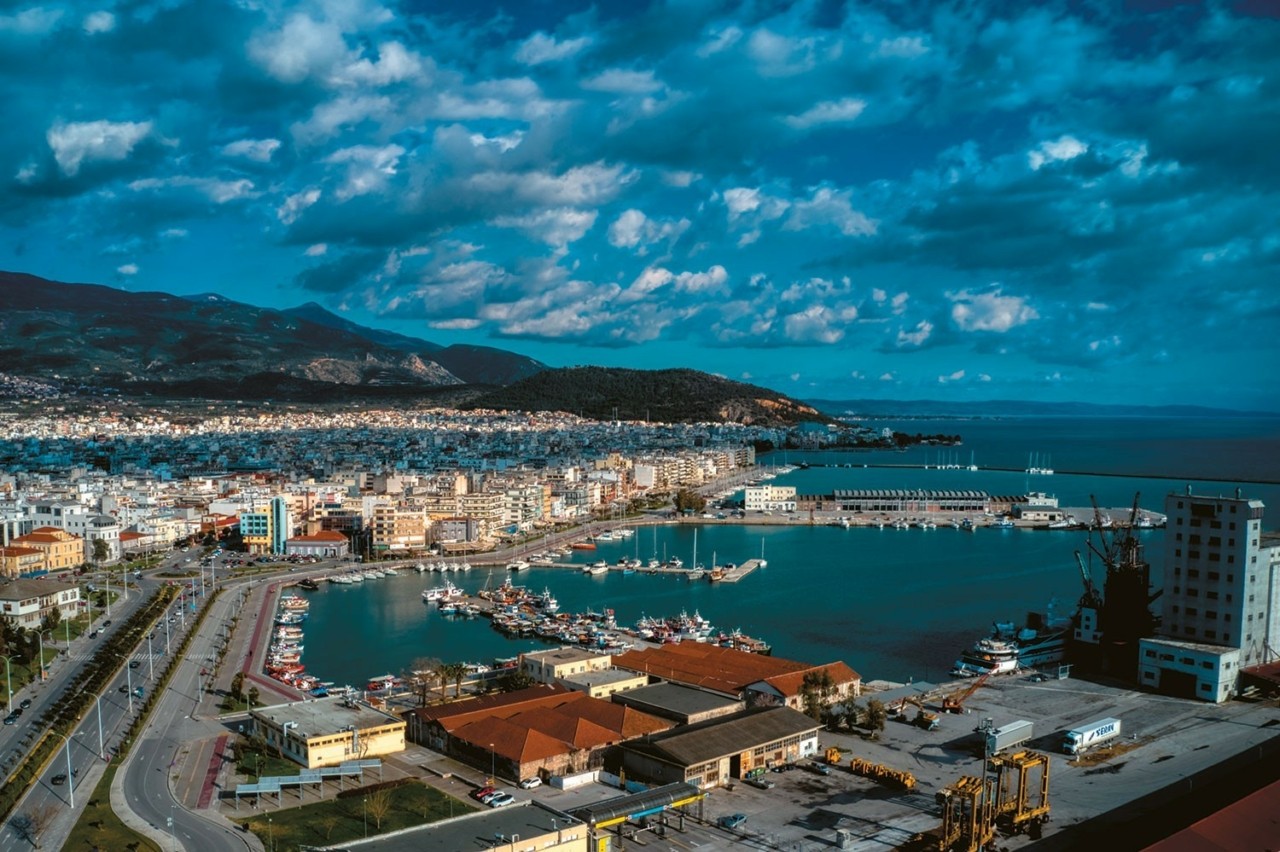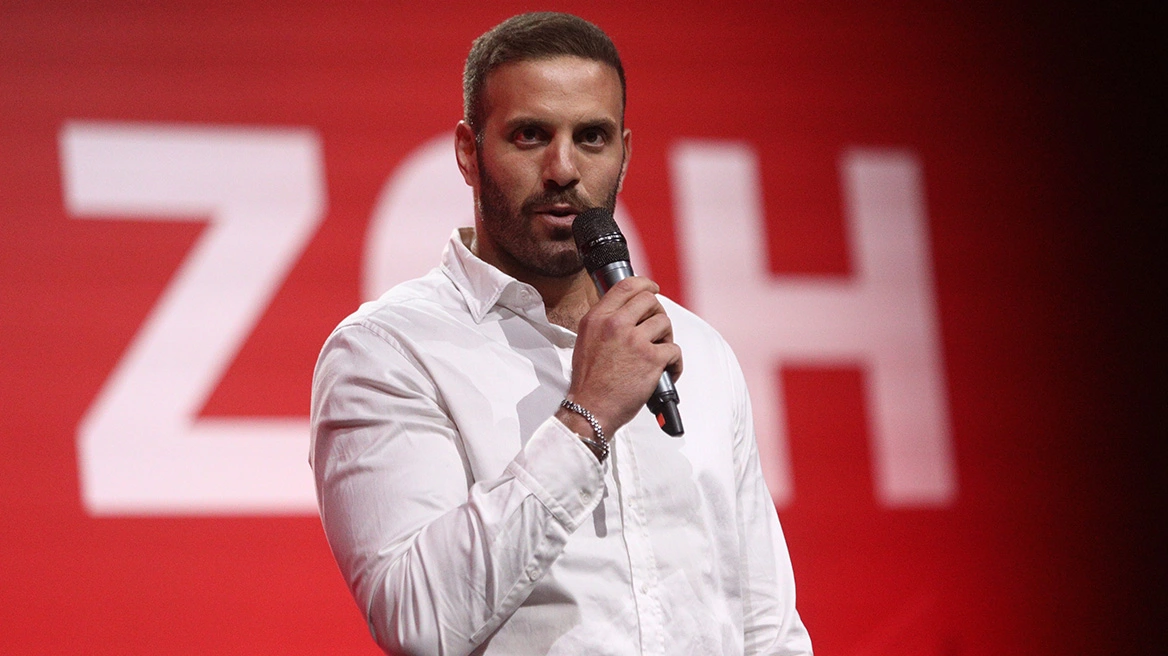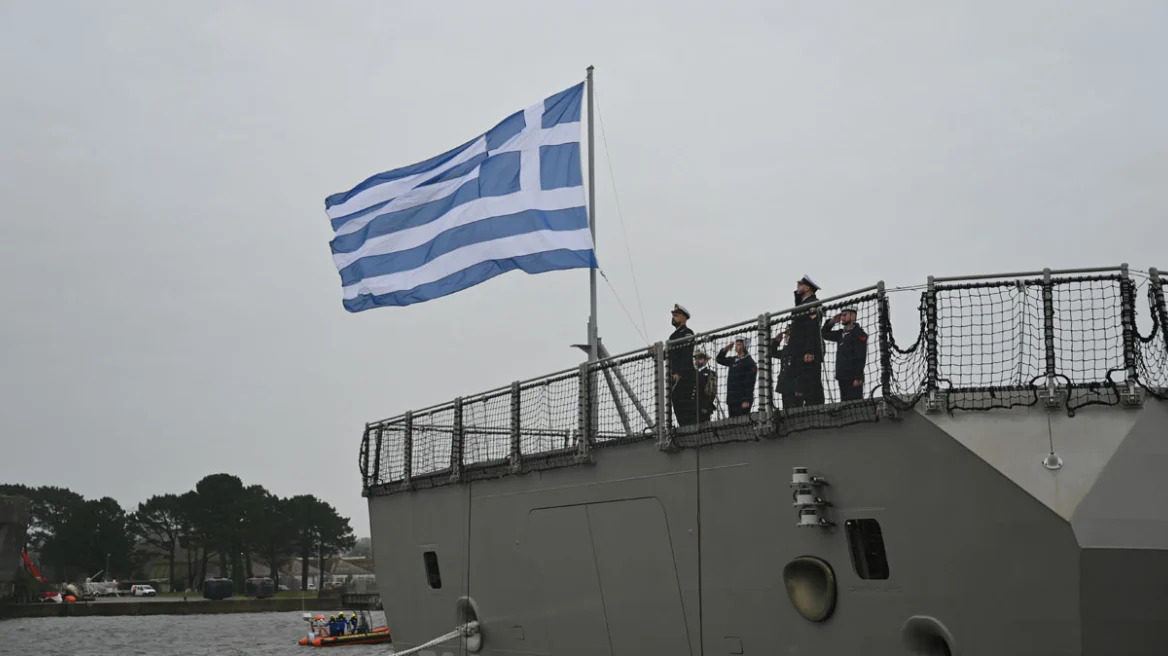It’s possible that the European parent company, in partnership with the third largest tour operator in Europe, FTI Touristik GmbH, is causing some ripples in the European tourism sector, especially at the onset of summer. However, the impact, particularly in terms of debt volume, doesn’t seem to parallel the significant repercussions witnessed at the end of the last decade, such as the collapse of Thomas Cook five years ago.
Market indicators suggest that holiday packages booked by German visitors through this company for this season have already been paid for or prepaid, albeit Greek hoteliers seem to have still outstanding balances ranging between 1.8-2 million euros from last year.
Yiannis Hatzis, President of the Panhellenic Federation of Hoteliers, advises maintaining calm amidst the latest developments and the bankruptcy filing by the third largest European travel agent. According to him and FTI’s information, there are approximately 7,500 tourists currently in Greece, accommodated across roughly 250 hotels in popular destinations. FTI has a significant presence in Greece, particularly in top destinations like Crete, Rhodes, Kos, Corfu, and Halkidiki, including hotels under the “Labranda” brand.
This situation underscores the industry’s vulnerability to sudden external factors, even during seemingly favorable conditions for Greek tourism this year.
Alimos: Incredible video – Thief grabs crucifix, caught on camera
The impact of the third largest European travel provider’s financial troubles is felt across Europe, affecting tens of thousands of travelers, many of whom have booked packages in major Mediterranean tourist markets and in Greece. FTI is insured against insolvency through the German Travel Insurance Fund (DRFS), which protects customers who have booked package holidays.
In Greece, the Ministry of Tourism, led by Minister Olga Kefalogianni, is actively engaged in ensuring the smooth return of foreign travelers currently in Greek destinations through FTI. Estimates suggest that around 200,000 travelers were expected to visit Greece with FTI Touristik this year, with a significant portion directed towards Crete and Rhodes.
Regarding the economic impact on Greek hotels, while there are no exact estimates yet, it’s noted that FTI’s financial liabilities aren’t as substantial as those incurred by Thomas Cook, as hoteliers were more cautious this time. FTI, headquartered in Munich, was already facing financial difficulties pre-pandemic and had received significant financial assistance during the pandemic, similar to other major players in the European tourism industry.
Ask me anything
Explore related questions





